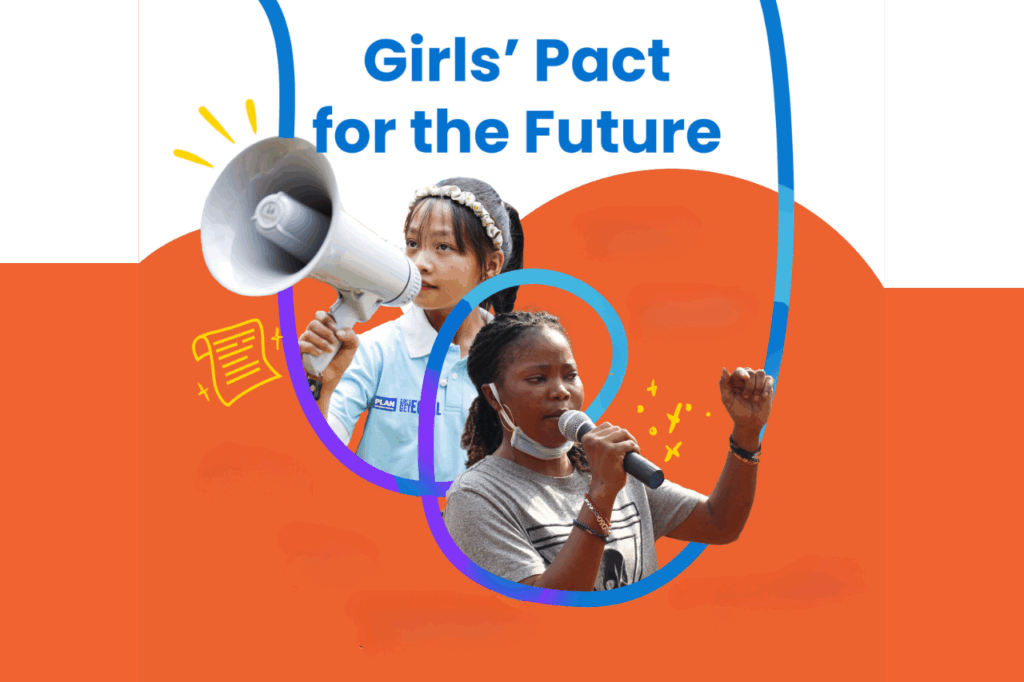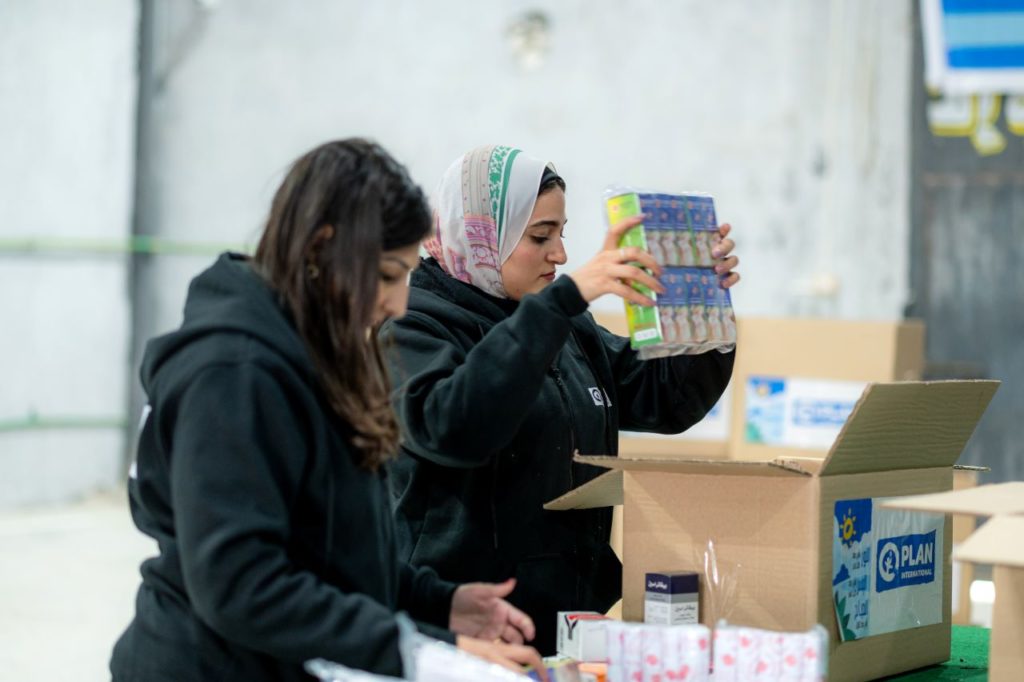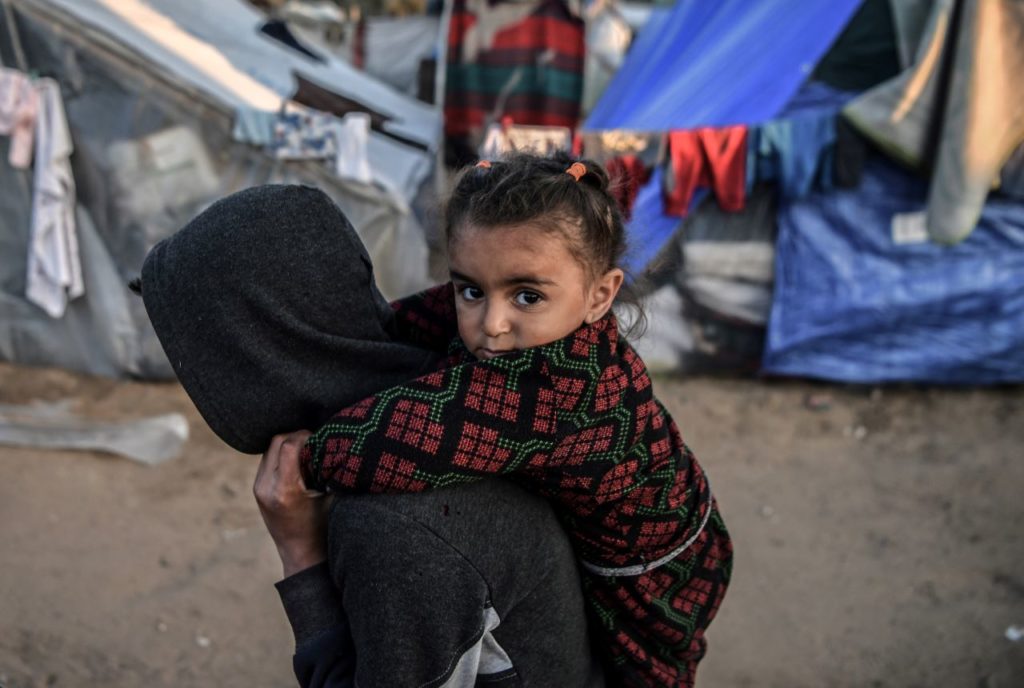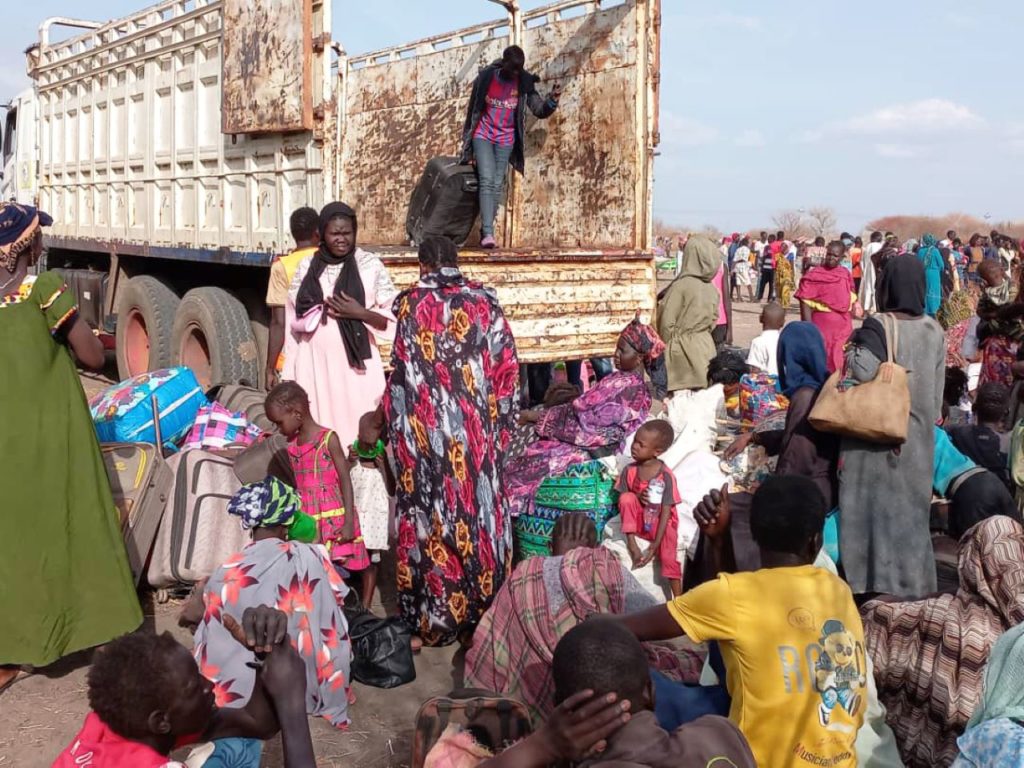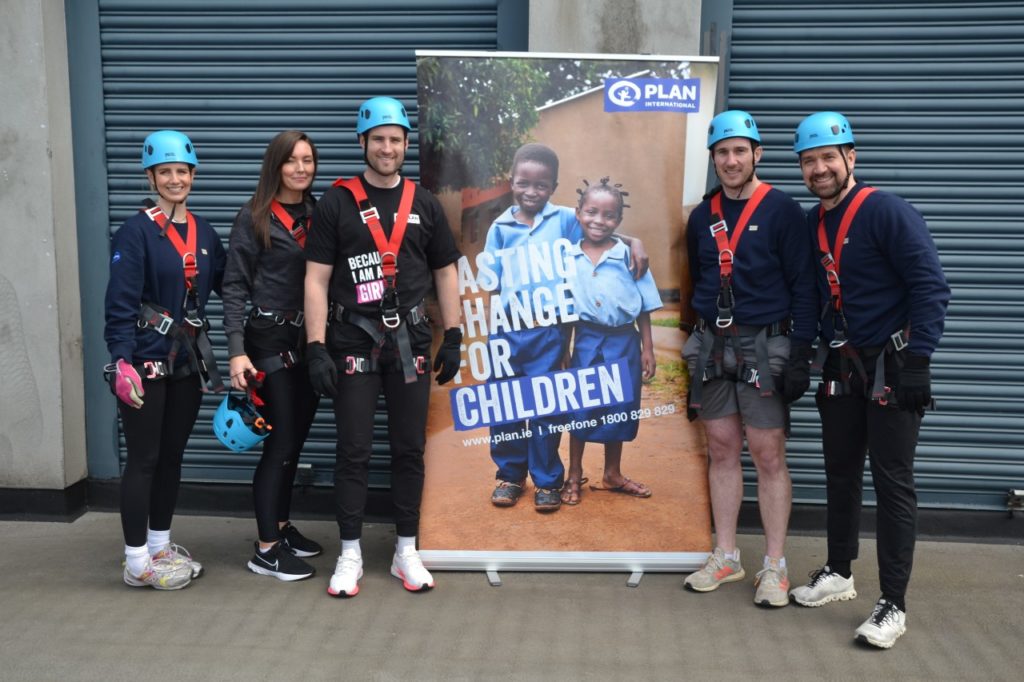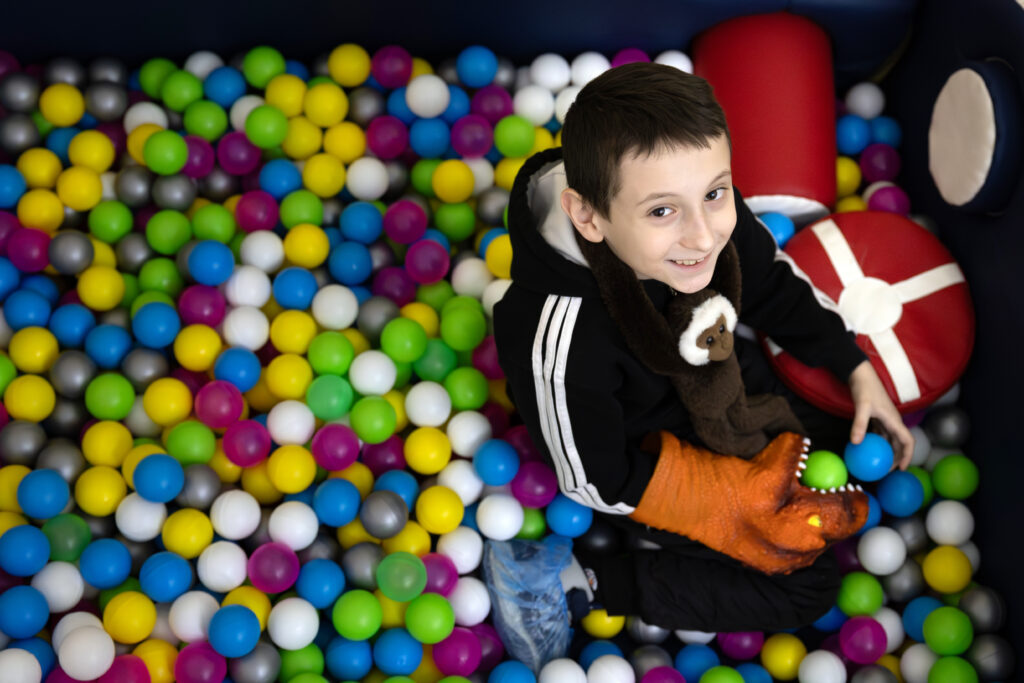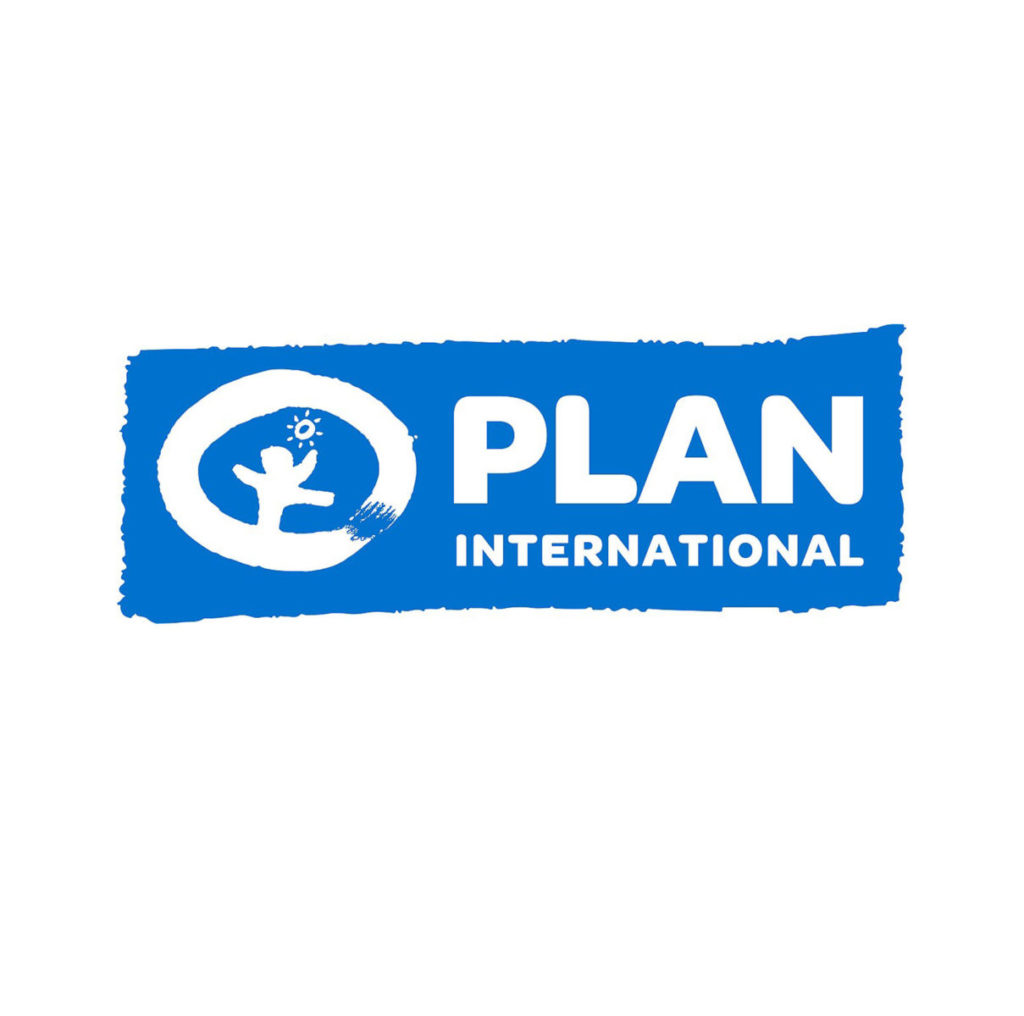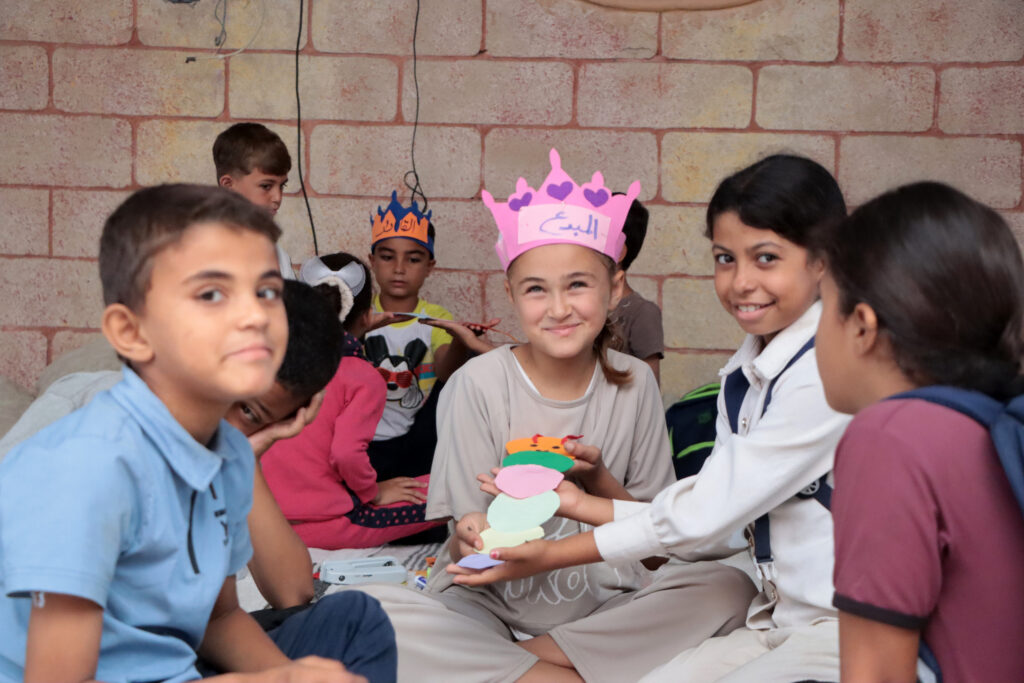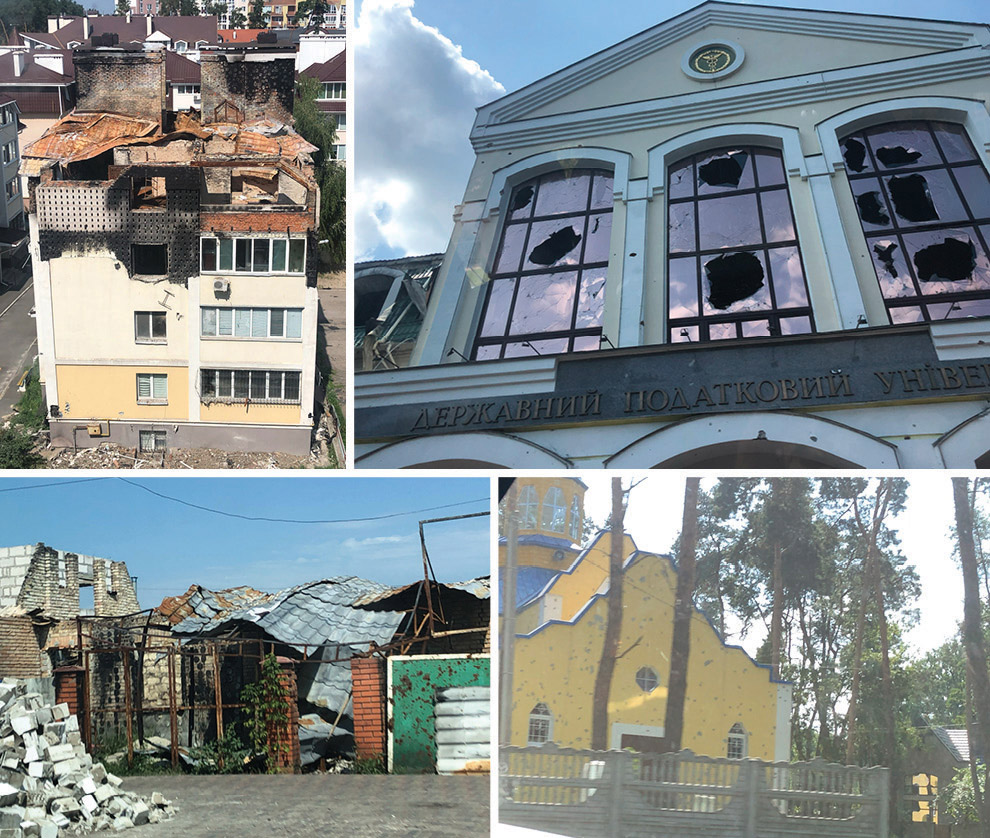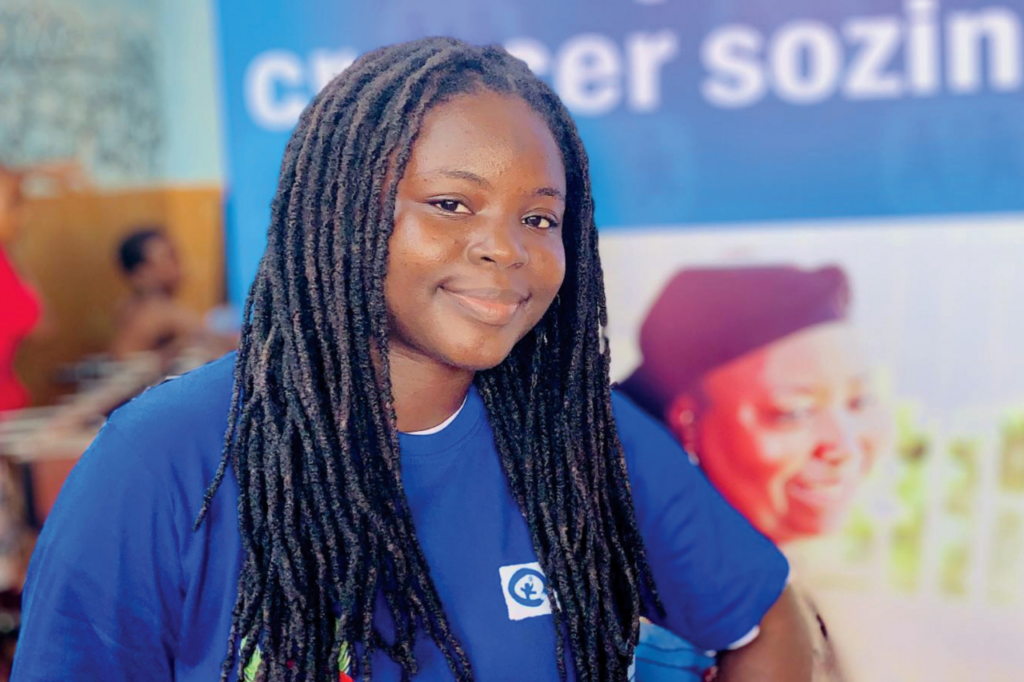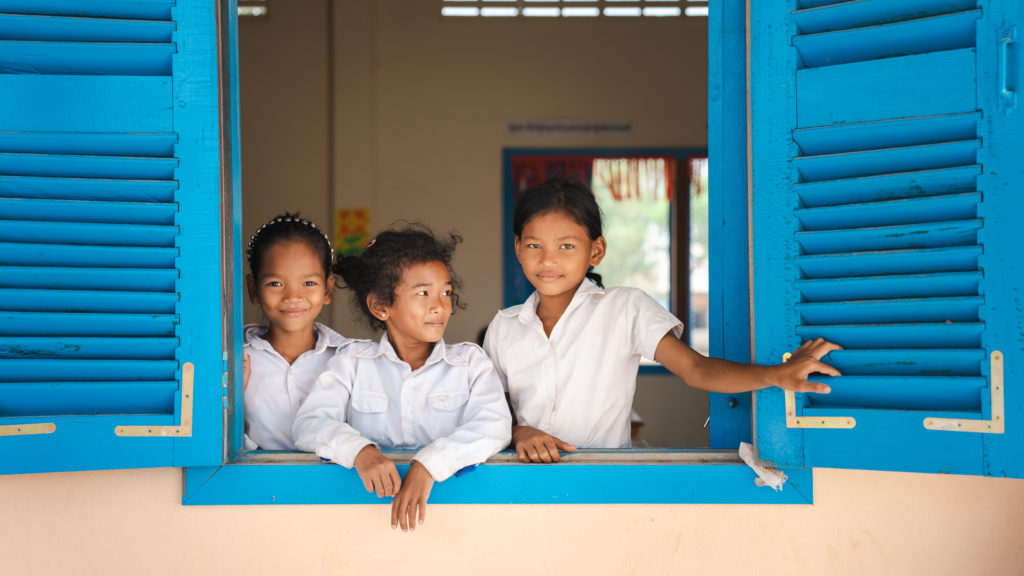You might not think that goats have much in common with child sponsorship. But they can both help lift families out of poverty.
Tara and her husband Budero who live in the Kurigram district in Bangladesh, are the proud parents of
two young girls. Working as a farm labourer, Budero’s income was barely enough to support his family. And when the COVID-19 restrictions closed the local markets, he lost his job leaving the family in dire straits. “Times were tough even before the pandemic,” he shares.

Learning about Plan International’s sponsorship programme, Tara and Budero were keen to sign their youngest daughter Lipi up to the scheme which connects children to supporters around the world. “We heard about the sponsorship programme through a community volunteer. Plan enrolled Lipi as a sponsored child in 2021,” explains Tara.
Being part of Plan’s sponsorship family, the family were eligible for a small financial grant of BDT 2,300 (EUR 22) from the organisation in April 2022 to support families of sponsored children affected by the COVID-19 pandemic. Tara decided to invest the money in a female goat, which could provide milk to supplement their family’s diet. The goat also provided Tara with a way to earn an income as well as learning practical livelihood skills. After a few months, a baby goat was born which Tara was able to sell for a good profit. “With each new kid born, our family’s fortunes have improved as the market value of
goats has risen,” explains Tara.

Tara and Budero also benefited from parenting sessions run by Plan International alongside our local partner MJSKS which teaches mothers and fathers childcare techniques and communication skills, as well as raising awareness about the importance of children’s education and treating girls and boys equally.
Some of the topics were unfamiliar to the couple, but Budero says it has transformed the way they are raising their daughters. “My perception has totally changed since I attended the sessions. I now buy footballs and toy cars for my daughters, instead of just dolls.”
Lipi now attends a child development (SBK) centre for children aged 3-5 supported by Plan International where she is learning how to recite rhymes, act, sing, dance and engage with other children. The centres support parents and caregivers by providing guidance on how to develop and collect low cost, free, and unused learning and play materials and how to use them to support their children’s development.

Tara says she had noticed a remarkable change in Lipi since she started going to the play sessions. “She has become more confident and expressive with those around her. Plan has helped us complete online birth registration forms, which means we can now enroll our children in school.”
Tara and Budero’s story is testament to the transformative power that small interventions that make, creating a ripple effect in people’s lives. They have come a long way from struggling to make ends meet to building a sustainable goat rearing business and creating a supportive and nurturing environment for their family.
